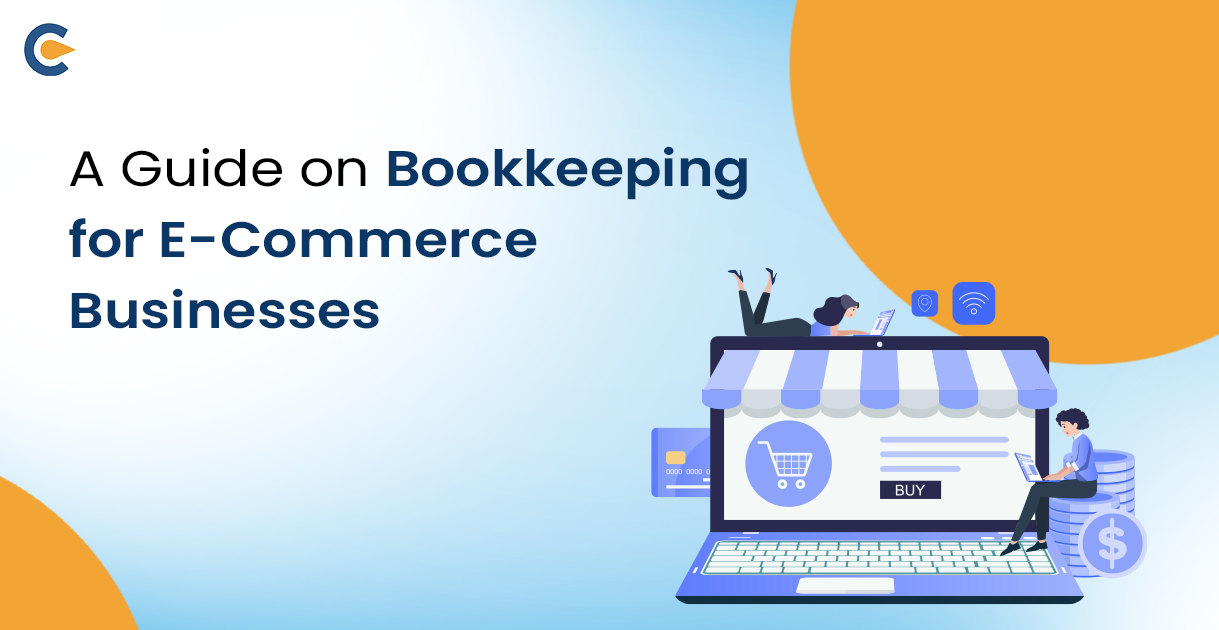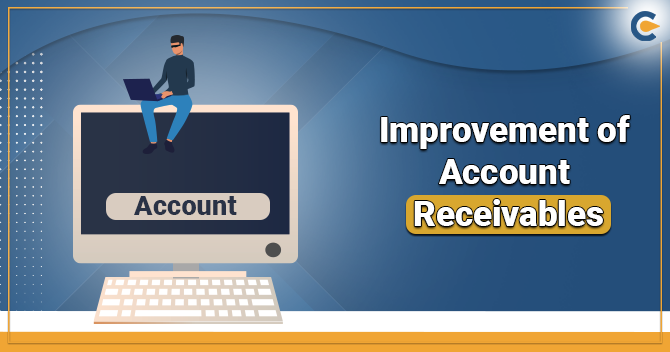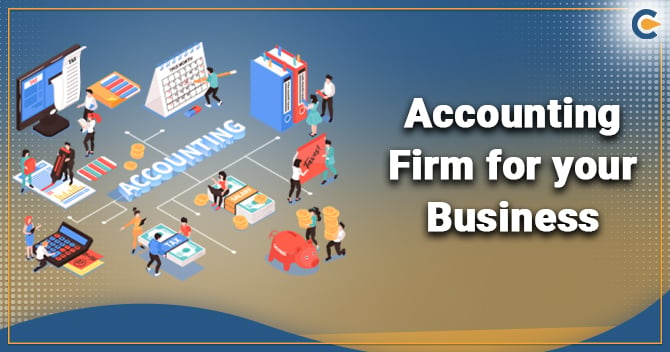The practice of monitoring and documenting a company’s financial activities is called bookkeeping. Based on the company’s accounting rules and accompanying paperwork, these business operations are documented. The process of recording financial transactions and creating financial statements, such as balance sheets and income statements, is known as bookkeeping services. These services are usually provided by bookkeepers, who may also be responsible for managing daily cash flow and entering financial transactions into software.
Effective bookkeeping is the key to your business’s success. It is a fundamental accounting procedure, and without it, creating plans to enhance important aspects of your company would be next to impossible. Even while bookkeeping is crucial, choosing the incorrect solution for your business might provide difficulties. Certain businesses are still able to operate manually using paper notebooks and real diaries. Nonetheless, as technology advances, even smaller businesses may profit from a digital transformation.
What is E-commerce?
Electronic commerce, or e-commerce, is the exchange of money or data via an electronic network, usually the Internet, for the purchase and sale of products and services. There are four main categories in which these e-commerce transactions may be classified: business-to-business (B2B), business-to-consumer (B2C), consumer-to-business, and consumer-to-business. Online sales of goods and services are becoming a common feature of contemporary business. This change is permanent and offers chances for small company owners to succeed online.
What is E-commerce Bookkeeping?
Keeping track of the money that comes into and goes out of your business is part of bookkeeping. It entails classifying, arranging, and documenting a company’s financial transactions. Retail bookkeeping and online bookkeeping services for e-commerce are comparable. The distinction lies in its ability to meet the needs of an online business. E-commerce companies have digital access to financial data. It may be integrated with bookkeeping software.
The process of documenting, keeping track of, and managing the financial transactions for your e-commerce firm is known as e-commerce bookkeeping. These documents let you monitor your income and expenses, which provides you with valuable information about the financial health of your company. Financial reports and statements, including balance sheets, cash flow statements and projections, and profit and loss statements, can then be created using this data.
The Importance of Bookkeeping for E-commerce Businesses
Efficient accounting is essential to the long-term development and prosperity of Indian e-commerce companies. It provides a methodical record of all financial transactions and guarantees precise tracking of income, costs, and profits, acting as the foundation of financial management. Keeping accurate and well-organized financial records is essential in the ever-changing world of e-commerce, where numerous transactions take place every day. In addition to helping businesses comply with India’s intricate Goods and Services Tax (GST) regime, bookkeeping also helps them assess their financial situation, make wise decisions, and plan for expansion.
Precise bookkeeping makes it easier to spot patterns, client preferences, and areas that need work, which gives e-commerce firm owners the ability to increase overall productivity and strategy. Furthermore, it is essential for simplifying tax filing and lowering the possibility of mistakes, fines, and legal issues. In the end, accounting is a strategic tool that helps E-commerce companies succeed in a cutthroat market by enabling them to manage the complexities of the Indian financial environment. It is also a legal obligation.
Benefits of Bookkeeping for E-commerce Businesses
Some of the vital benefits of Bookkeeping for E-commerce business are:
- Bookkeeping for E-commerce businesses enhances business and finance transparency.
- Bookkeeping for an E-commerce business is a path to development for the business.
- The decision-making can be done more effectively with bookkeeping for e-commerce businesses.
- The cash flow can be forecasted more easily.
- Bookkeeping for E-commerce businesses helps save time when taxes are filed.
- Stock management becomes seamless with Bookkeeping for E-commerce businesses.
Difference between Online and Traditional Bookkeeping
Some of the key differences between online and traditional bookkeeping which have to be kept in mind at the time of choosing bookkeeping for E-commerce are:
Precision
When compared to traditional bookkeeping, the accuracy of computations has significantly risen with online bookkeeping. Even in the event of mistakes, they are quickly located and fixed. Software for online accounting solves this issue.
Prices
Online bookkeeping software is now widely used by small and mid-sized organizations and enterprises due to the rise in the use of computers and the decrease in the cost of accounting software. The program is user-friendly, and recruiting qualified staff to operate it is not a problem.
Quickness
Since cloud accounting’s speed is now its greatest advantage at this stage of bookkeeping, the difference of just one speed is quite noticeable. New bookkeeping and accounting software that is accessible from anywhere in the cloud is now on the horizon. Information in computerized accounting is accessible in a matter of minutes.
Restoring
When employing manual bookkeeping, there is always a chance of data loss. If crucial work is lost or damaged, it could need to be redone. Thus, original work may be copied using online bookkeeping programs and saved in cloud storage services like Dropbox or Google Docs. It doesn’t take a long time, nor is it really expensive.
Common Mistakes Made in Bookkeeping for E-Commerce
Bookkeeping for E-commerce businesses is still a new practice that has seen a rise in use in a few years only. The bookkeeping for E-commerce can be a little complex for first-time users. Some of the very common mistakes made in bookkeeping for E-commerce business are:
- One of the most often made mistakes in bookkeeping for E-commerce businesses is not using software and other tools for bookkeeping.
- Another common mistake in bookkeeping for an e-commerce business is managing the inventory/stocks manually.
- Not reconciling the bank accounts at regular periods is also a common mistake in bookkeeping for E-commerce businesses.
- The inaccurate COGS, which is the cost of goods sold, is also one of the common mistakes made in bookkeeping for E-commerce businesses.
Online Bookkeeping Services with Corpbiz
With Corpbiz, you can take advantage of the 500+ industry professionals’ finest online professional bookkeeping services in India to safeguard your business transactions and lay the groundwork for your financial reporting. Corpbiz’s bookkeeping services are designed to help businesses reduce their finance and accounting costs by helping them manage their accounts, financial statements, tax preparation, and accounting needs. Our customized services handle the whole bookkeeping process in accordance with the needs of the customer and the business. Benefits may be tailored by customers to their own requirements, and we help them with setup, maintenance, support, and bookkeeping-related advice.
Frequently Asked Questions
What is bookkeeping for e-commerce?
The process of keeping track of, organizing, and managing all of an e-commerce business's financial data, as well as its sales, processing fees, marketplace fees, and costs, is known as e-commerce bookkeeping.
Why is bookkeeping crucial to an online retailer?
Services for bookkeeping are crucial for any kind of organization. As a result, it is crucial for e-commerce businesses. It facilitates precise and simple tracking of financial data in transactions. The business's profit and loss are simple to comprehend.
Are bookkeeping services offered online safe?
Indeed, secure servers and encryption are used by online accounting services to safeguard data.
How do clients and offline services interact?
Services are not available online, so hold face-to-face meetings to interact with clients.
Is bookkeeping online less expensive than accounting offline?
Yes, since there are fewer overhead expenses, internet accounting services are typically less expensive.
What kinds of bookkeeping are there?
Two kinds of accounting exist. The two types of accounting systems are double-entry and single-entry.
What is the most often used bookkeeping technique?
The two most popular bookkeeping techniques are double entry and single entry. Nonetheless, the more accurate of the two bookkeeping systems is double-entry.
What distinguishes accounting from bookkeeping?
Accounting is built on the basis of bookkeeping. Accounting prepares financial statements using the data gathered during bookkeeping. Accounting is done to determine the business's profit or loss and to illustrate its financial situation, whereas bookkeeping is done to maintain track of all financial activities.
Read Our Article: Legal Issues Faced By The E-Commerce Businesses











